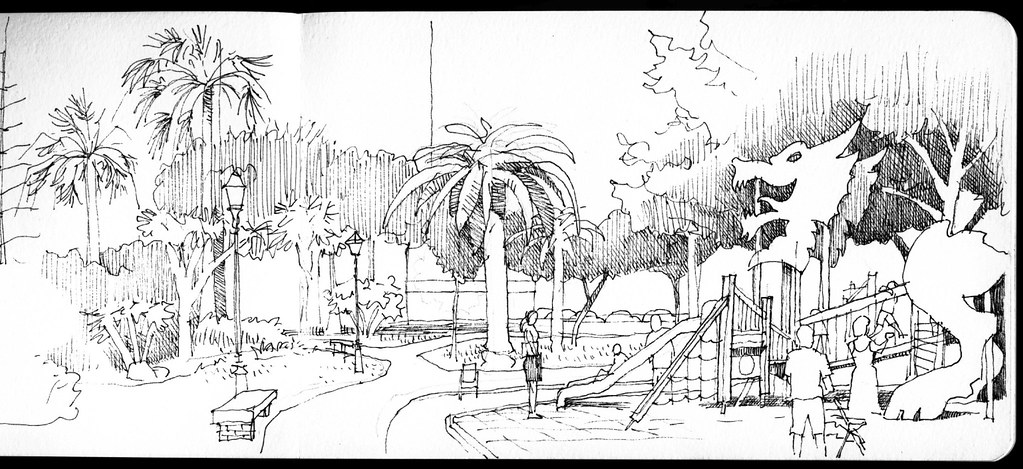To Teach Or Not To Teach

Jean-Jacques Rousseau believed that children develop – intellectually, physically, and emotionally – much like plants. He believed, moreover, that children are innately good, but that all social institutions, including schools, are evil and distort children into their own image. He doubted, therefore, that there should be formal schools at all. Whether there were or not, however, he believed that the aim of education should be the natural development of the learner. Between the ages of two and twelve, Rousseau envisioned the cultivation of the body and the senses, not the intellect. When the youngster’s intellect begins to develop, between the ages of twelve and fifteen, he can begin the study of such things as science and geography. This study, however, should begin not with an organized body of abstract knowledge, but with the things that interest the child. He must learn not by memorizing, but by firsthand experience. Only when he is fifteen years of age should book learning begin. Since Rousseau believed that the child is innately good and that the aim of education should be his natural development, there would be little for the teacher to do except stand aside and watch.



Comments